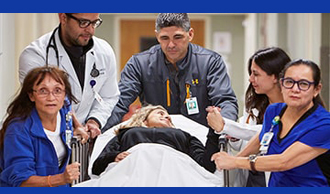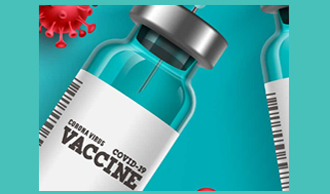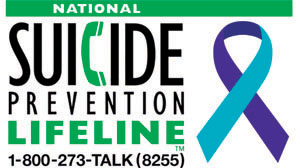[btn]By Mark Seifert, M.D.[/btn]
Just like your house, your heart has an electrical system. And sometimes that system goes awry.
Atrial fibrillation (a-fib) is the most common form of abnormal heart rhythm, or arrhythmia, requiring treatment. In a-fib, the upper chambers of the heart (the atria) pump too quickly, or quiver and twitch in an irregular, unpredictable way. This can cause blood to pool in the atria and form a blood clot that can travel to the brain, causing a stroke. Atrial fibrillation can lead to additional heart rhythm problems and heart failure.
Fortunately, there often is a way to repair the heart’s electrical pathway, control the heart rate, restore normal heart rhythm and prevent blood clots.
Anti-arrhythmic medications: This is the first-stage treatment for a-fib, to decrease and normalize the heart rate.
Electrical cardioversion: Performed under sedation, this procedure interrupts and resets heart rhythm with an electrical charge transmitted through paddles on the patient’s chest.
Pacemakers and defibrillators: Some cardiac patients require pacemakers or defibrillators to artificially regulate their heart rhythms. New technology allows the devices to be placed in a pouch that releases antibiotics, preventing infection in high-risk patients. After surgical placement in the patient’s chest, the pouch gradually dissolves.
Zero Fluoro: Many minimally invasive cardiac procedures use new technology that often eliminates radiation entirely.
Catheter ablation: An electrophysiologist, a cardiologist specializing in rhythm disorders, uses radiofrequency energy to heat atrial tissue through intravenous lines, the least invasive approach available to cure a-fib, and does not require surgery.
Surgical ablation: The leading surgical treatment for a-fib is “maze” surgery. This includes minimally invasive techniques (mini-maze surgery) and open-heart surgery. A maze-like pattern of small cuts or burns is made on the heart’s atrium, isolating cells that produce abnormal electrical signals. Scar tissue eventually forms, repairing the heart’s electrical pathway.
You can learn more about a-fib symptoms, diagnosis and treatment at a seminar conducted by Mark Seifert, M.D., FACC, from 6 to 7 p.m. Wednesday, Feb. 26, at the Cowden Center, 9202 N. 2nd St., on the campus of John C. Lincoln North Mountain Hospital.
Register at JCLA-fib.eventbrite.com or call 480-323-1271. For more information, visit jcl.com/heart.










































